UPD Ofcom Set 4G / 5G Spectrum Caps for 2.3GHz and 3.4GHz Mobile Auction
After various delays and a bizarre campaign (here), Ofcom has today set out the final rules and caps for their auction of radio spectrum in the 2.3GHz and 3.4GHz bands, which will help mobile operators to launch “very fast” Mobile Broadband (4G and 5G) services by 2020.
Historically auctions for new (re-purposed) mobile spectrum have tended to attract lengthy delays and unsurprisingly the plan to auction off 190MHz worth of spectrum in the 2.3GHz (2350-2390MHz) and 3.4GHz (3410-3600MHz) bands – formerly used by the Ministry of Defence – was no exception. The regulator originally hoped to get the ball rolling in early 2016 but the process ended up being delayed by BT’s merger with EE and Three UK’s failed merger with O2 (here).
The latter deal, which might have arguably helped to rebalance the market (spectrum ownership) and thus make future auctions less contentious, occurred because Ofcom was concerned about the prospect of rising prices. In order to defend against this Ofcom and the EU said that the market must offer a minimum of four primary operators.
The result is that we still have four primary operators (EE / BT, Three UK, Vodafone and O2) but EE now holds 42% of all the spectrum and Vodafone has 29%, which leaves O2 and Three UK with very little. More spectrum tends to mean better network coverage (depending upon the deployment strategy) and faster Mobile Broadband speeds.

Since then Three UK has also picked up some extra 5G friendly spectrum via their £250m acquisition of UK Broadband Ltd. (here), although the operator has continued to call on Ofcom to adjust their auction by imposing a spectrum ownership cap of 30% on EE and Vodafone (NOTE: O2 has separately also called for a more relaxed 35% cap). Such a cap would effectively stop EE from being able to bid and might also hinder Vodafone.
Last year Ofcom agreed that some operators had too much spectrum, although instead of imposing a 30% cap they chose to prevent EE from bidding on the 2.3GHz band but NOT 3.4GHz (here). The regulator said that 3.4GHz is “not immediately useable, and we believe it is important that operators are given an opportunity to acquire this spectrum so they are able to consider early development of 5G services.”
A 30% cap would also have limited the money earning potential of Ofcom’s auction (Government wouldn’t like that) and rival operators have noted that Three UK’s parent company (CK Hutchison Holdings) has more than enough money to buy a good chunk of spectrum (i.e. they’ve had plenty of opportunities to do that in the past too, but haven’t).
Meanwhile O2 will be aiming to bid aggressively because they need a good dollop of spectrum (especially in the 5G friendly 3.4GHz band) in order to help boost their network performance and market value ahead of their expected return to the stock market.
The Final Auction Details
Fast forward to today and Ofcom’s final auction design has been enhanced since last year’s proposal and now includes new bidding restrictions (spectrum caps) for both the 2.3GHz and 3.4GHz bands, which when taken together will aim to reduce BT / EE’s overall share of mobile spectrum and means that the operator can win a maximum 85MHz of new spectrum in the 3.4GHz band.
The new caps also mean that Vodafone could gain a maximum 160MHz of spectrum across both the 2.3GHz and 3.4GHz bands, although in practice they’re unlikely to grab that much spectrum given the bidding competition involved.
Bidding Restrictions
* First: As we proposed in November last year, we will place a cap of 255MHz on the “immediately useable” spectrum that any one operator can hold as a result of the auction. This cap means BT/EE will not be able to bid for spectrum in the 2.3GHz band.
Immediately useable spectrum refers to mobile spectrum currently licensed in the 800MHz, 900MHz, 1400MHz, 1800MHz, 2100MHz and 2.6GHz bands and the 2.3GHz band available in this award. Today, the UK’s four mobile operators hold the following amounts of immediately useable spectrum:
— BT/EE: 255MHz
— Vodafone: 176MHz
— Three (H3G): 90MHz (plus 40MHz – useable in 2020)
— O2 (Telefonica): 86MHz* Second: We have decided to place a new, additional cap of 340MHz on the overall amount of mobile spectrum a single operator can hold as a result of the auction. This cap amounts to 37% of all the mobile spectrum expected to be useable in 2020, which includes not only the spectrum available in this auction but also the 700MHz band (due to become available in 2020).
The mobile spectrum we expect to be useable in 2020 includes immediately useable spectrum plus 190 MHz in the 3.4GHz band as well as 80 MHz in the 700MHz band
The new restrictions, which reflect some of the aforementioned market changes (e.g. Three UK’s move to gobble UK Broadband Ltd.), are notably weaker than both Three UK and O2 had been demanding. Nevertheless Ofcom sees it as a necessary compromise between the competing interests of different mobile operators.
Philip Marnick, Ofcom’s Spectrum Group Director, said:
“Spectrum is a vital resource that fuels the UK’s economy. We’ve designed this auction to ensure that people and businesses continue to benefit from strong competition for mobile services.
We want to see this spectrum in use as soon as possible. With smartphones and tablets using even more data, people need a choice of fast and reliable mobile networks. These new airwaves will support better services for mobile users, and allow operators to innovate and build for the future.”
Ofcom has also set reserve prices of £10m per 10MHz lot of the 2.3GHz band, and £1 million for a 5MHz block in the 3.4GHz band. These are unchanged since their original Statement all the way back in October 2015, giving a total reserve price of £70m for the 190MHz of spectrum to be awarded. Obviously the spectrum will fetch considerably more than £70m.
The regulator also offered an update on their plans to auction some of the 5G friendly 3.6GHz to 3.8GHz band. Originally this spectrum was likely to be available at around the same time as the 3.4GHz band becomes useable for mobile in 2020, but Ofcom said that they “now have less confidence that it will be useable nationwide by that time” (an update is expected soon).
Dave Dyson, CEO of Three UK, said:
“Ofcom’s proposal is a kick in the teeth for all consumers and in particular for the near-200,000 people who signed up to the ‘Make the Air Fair’ campaign.
By making decisions that increase the dominance of the largest operators, Ofcom is damaging competition, restricting choice and pushing prices up for the very consumers that it is meant to protect.
The mobile market is imbalanced and failing customers. Ofcom has shown little interest in tackling the problem. We will consider our response as a matter of urgency.”
It’s fair to say that there are a lot of competing interests involved in this auction and Ofcom have been doing their best to juggle those, albeit with mixed success (only Vodafone seems to be happy with the plan). However it’s worth remembering that this isn’t the last auction for mobile spectrum and others are currently being prepared, which will most likely mean another opportunity to squabble over percentages.
Otherwise the auction for 2.3GHz and 3.4GHz is now expected to start “later this year” and that looks set to stick, unless any of the mobile operators launch a legal challenge. We note that Three UK views today’s changes as being too lax and it might be in their strategic interests to delay the auction for as long as possible, which would give them time to get a head-start on 5G via the UK Broadband Ltd. bands.
On the side-lines of all this EE has confirmed that their first field trials of 5G technology will begin in 2018 and these will be expanded into a small scale commercial trial during 2019, before the full launch in 2020. We expect the other three operators to follow a similar time-scale.
UPDATE 13th July 2017
We’ve had an interesting comment from the Federation of Communication Services.
FCS Statement
Once again, Ofcom has started from the self-fulfilling ‘four legs good, three legs bad’ position which has characterized the UK mobile market for the last 20 years.
Four mobile network operators control 100% of the market. Either directly or through emasculating MVNO agreements or dealer ‘partnerships’ which create the illusion of wholesale competition, but with none of the protections enjoyed by resellers in the fixed telephony space.
The effect is to stifle consumer and business choice with what amounts to a complex monopoly. Meanwhile, both government and the regulator colludes in claiming the market is ‘working well for consumers’.
But let us take comfort from the crumbs of yesterday’s announcement. We are pleased to see Ofcom listened to the industry’s concerns about the risk of too much spectrum being owned by EE/BT. The decision to impose a spectrum cap on the 3.4GHz band as well as the more immediately usable 2.3GHz is especially welcome: it will help reduce the risk of sequestration and monopoly approaches as new equipment becomes available.
FCS has always argued the mobile market is fundamentally broken. The way to fix it is by encouraging real wholesale competition, not by applying spectrum caps.
Mark is a professional technology writer, IT consultant and computer engineer from Dorset (England), he also founded ISPreview in 1999 and enjoys analysing the latest telecoms and broadband developments. Find me on X (Twitter), Mastodon, Facebook and Linkedin.
« TrueSpeed Get £75m Investment to Extend FTTP Broadband in the South West
Latest UK ISP News
- FTTP (5531)
- BT (3518)
- Politics (2542)
- Openreach (2298)
- Business (2266)
- Building Digital UK (2247)
- FTTC (2045)
- Mobile Broadband (1977)
- Statistics (1790)
- 4G (1668)
- Virgin Media (1621)
- Ofcom Regulation (1465)
- Fibre Optic (1396)
- Wireless Internet (1391)
- FTTH (1382)
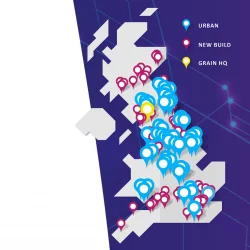

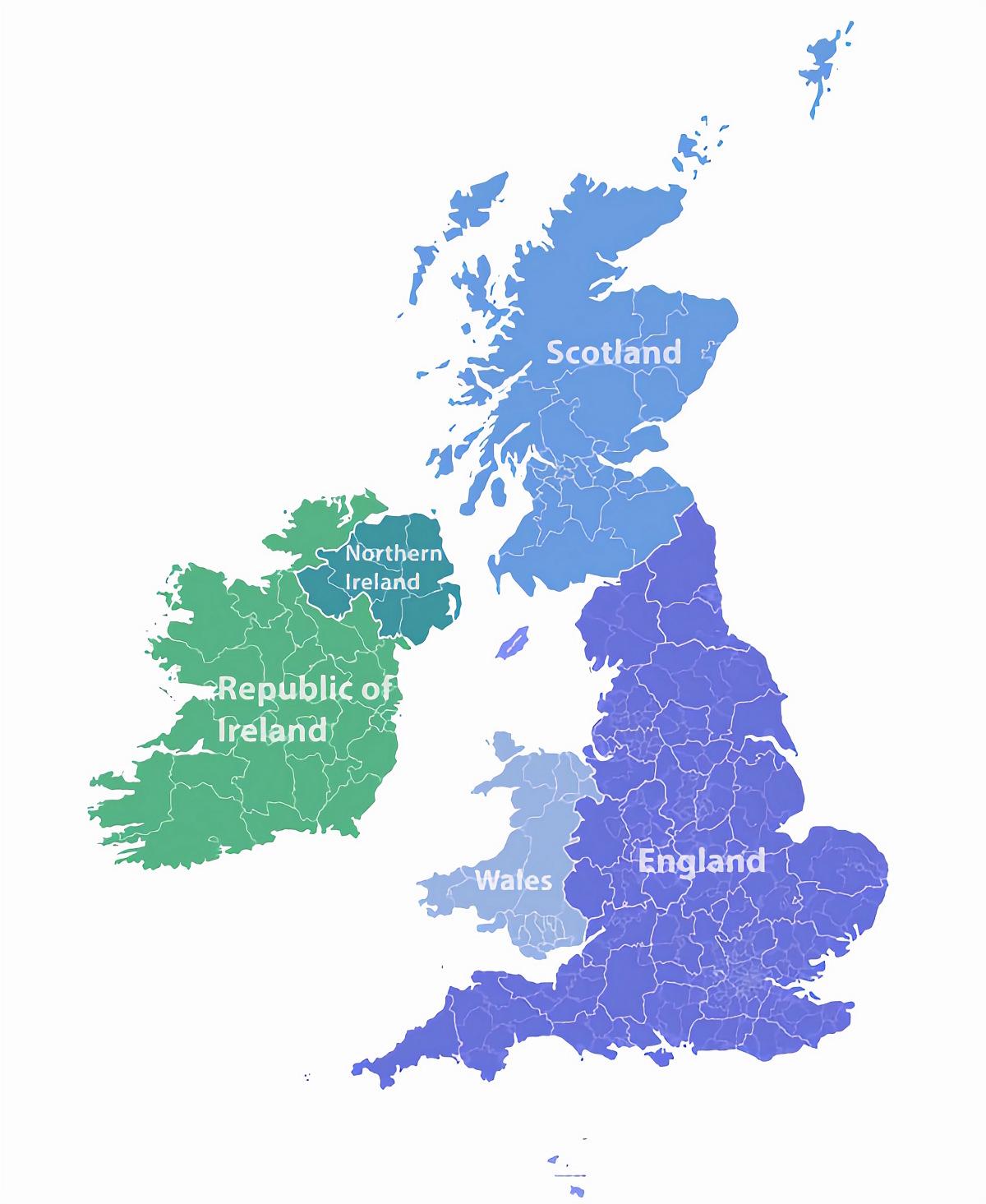
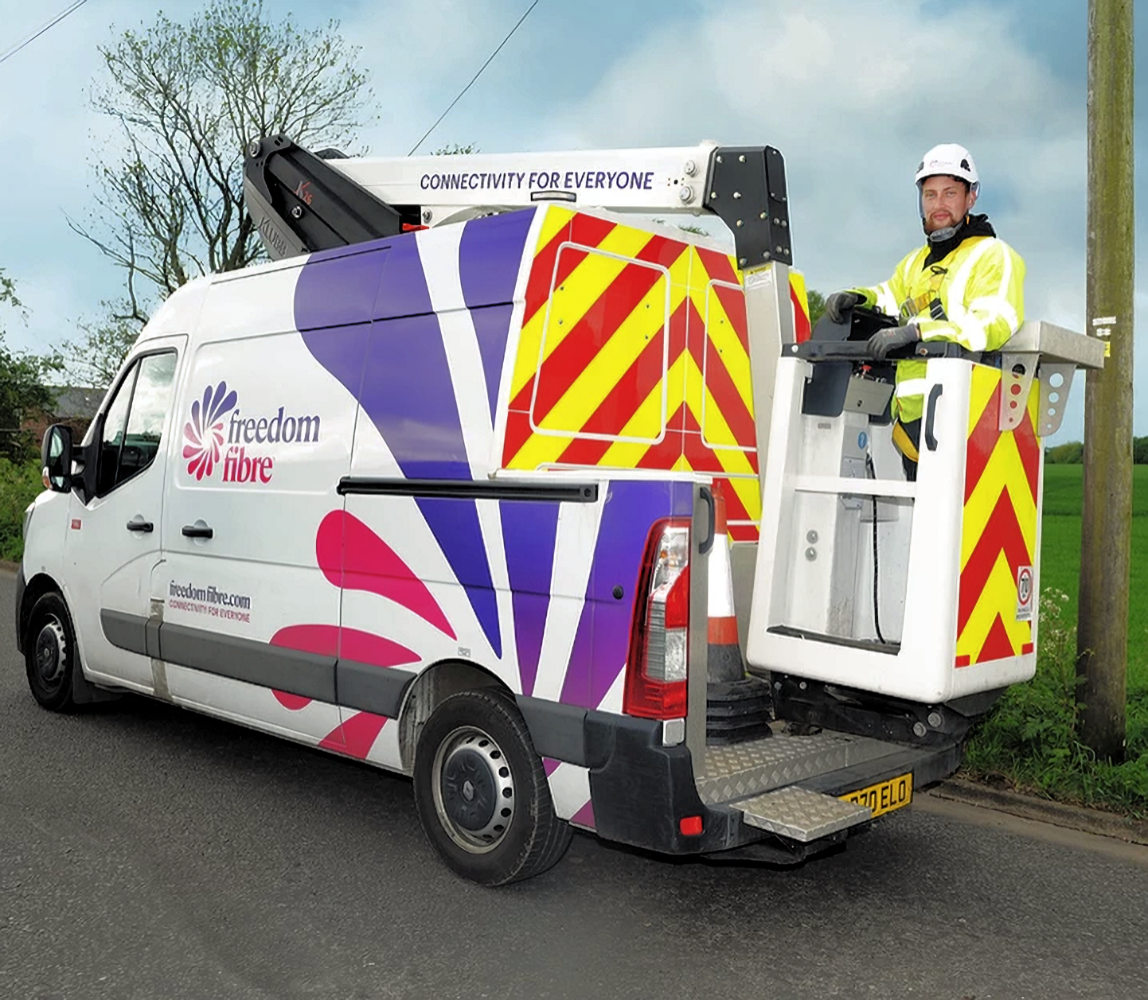

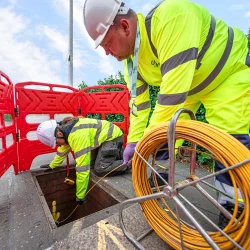












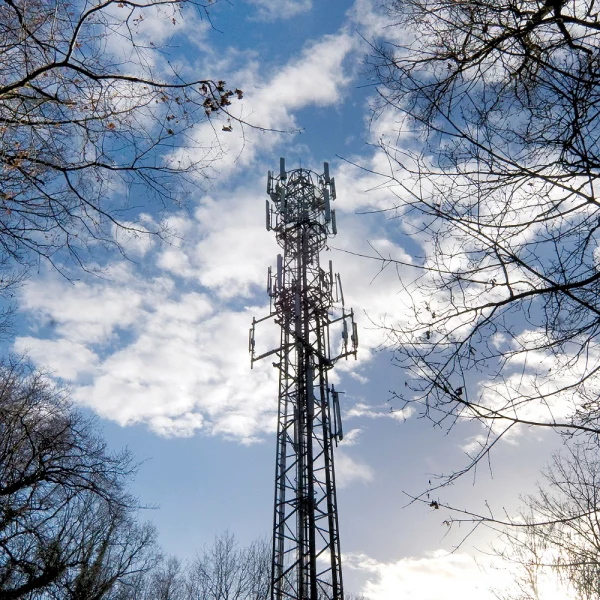
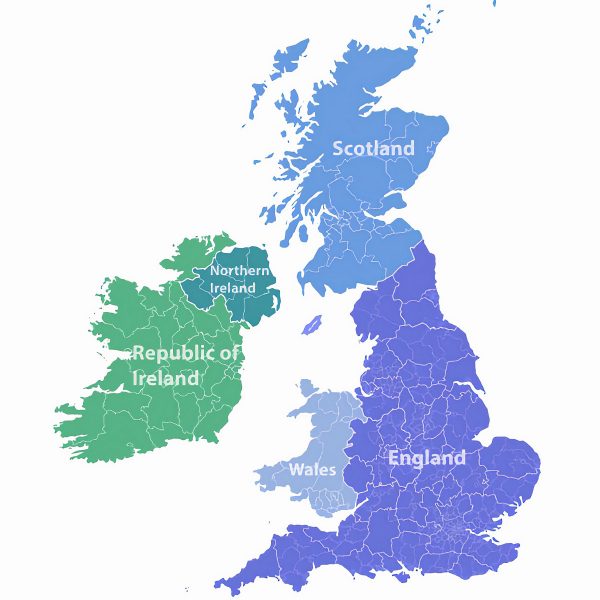
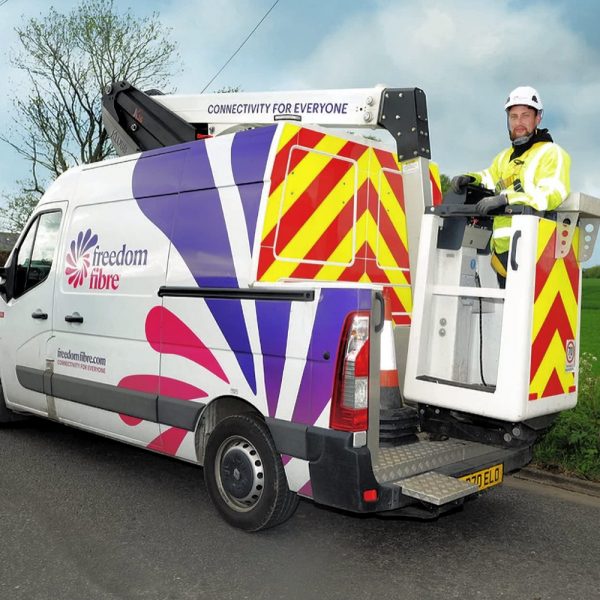



































Comments are closed